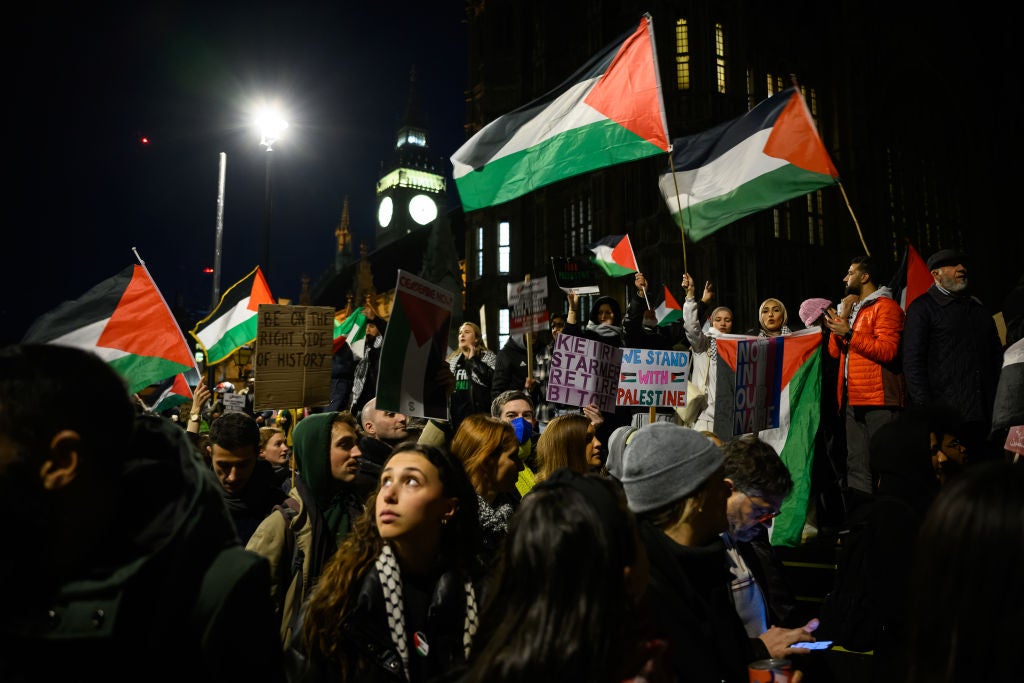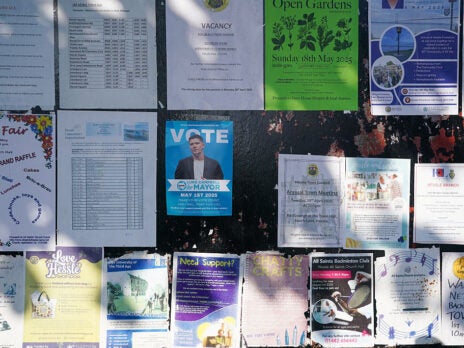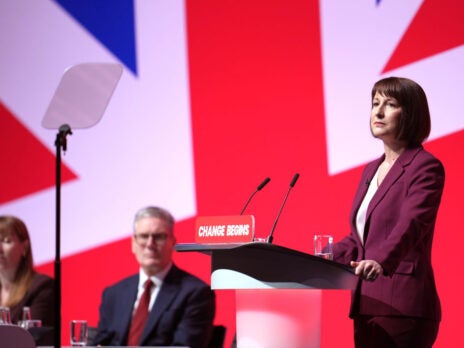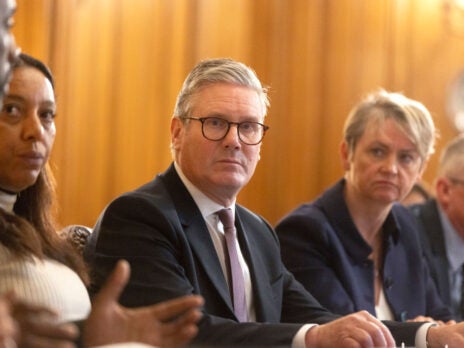
A reputable pollster (Survation) has found that support for the Labour Party among Britain’s Muslim voters is in a state of freefall. There’s evidence that this is a consequence of the party’s stance on the war in Gaza and commentators have suggested that the Conservatives could seek to profit from Labour’s divisions by holding a “Gaza election”. But how likely is this in reality?
Any pollster will freely admit that achieving a representative sample of any small strata of society is a tricky task. In this instance, there are assumptions that need to be made about which Muslim voters are likeliest to turn out and any geographic or ethnic differentials. An associated risk is that the sample of minority voters is over-saturated with highly political, “online” voters (as we may be seeing in the case of Reform UK’s phantom supporters). If this is the case, then dramatic shifts among small samples are unlikely to be borne out in practice.
But with all those caveats inserted, here are the striking numbers: Survation has found that support for Labour among active Muslim voters has fallen from 86 per cent under Jeremy Corbyn to 60 per cent under Keir Starmer. When one recalls that national support for Labour has risen by 13 points since 2019, for the party to be down 26 points among a growing voter support is a stark finding.
The poll reflects another key trend. Eighty five per cent of respondents rank the Israel-Palestine conflict as somewhat or very important to their vote. Since most Britons don’t take a position on the issue – 54 per cent as of the latest YouGov poll in January – this represents a position indeed at odds with the median Briton.
So how worried should Labour be? And could the Tories exploit the opposition’s woes? Whatever the accuracy of the Survation poll, we can likely assume the direction of travel is correct. Increasingly settled minority voters do look beyond survival politics following a period of time. To what degree Muslim voters are drifting from Labour, however, we don’t yet know. The effects of drift (even if it were a hefty 26pt 'drift') are presently theoretical. But I would point out this. Disproportionately Muslim areas don’t necessarily result in disproportionate Muslim turnout. In my local election aggregate, I’ve found evidence that Muslim-heavy wards (more granular locales than constituencies) turn out at a slightly lower rate in council elections than their neighbouring whiter/Christian wards.
In general elections, too the trend is similar. Higher turnout among less Muslim areas. Lower among very Muslim.
Now this isn’t quite the case everywhere – across the mid-Lancashire strip, from Blackburn through to Pendle, there is some evidence that white neighbourhoods are less likely to turn out in local elections than neighbouring Muslim neighbourhoods. But generally speaking, there is a gap and it more so points to a less engaged electorate in Muslim areas.
In practice this means that disaffection with Labour among Muslim voters may not show up quite as severely as some may expect. Just as younger voters tend to be underrepresented in elections, so too are Muslim voters as active electors. And if we track the voting behaviour of poorly engaged electors, disaffection has typically manifested more as apathy than anger (note, for example, the marginal fall in young turnout in 2015).
And to refer back to the table for a moment, wards with more than 40 per cent of the residents identifying in the 2021 Census as Muslim account for… just 2.1 per cent of the total wards in England and Wales.
So you could cast this as only a marginal problem for Labour. I am not so sure. Let’s assume, all things being equal, and with deference to election data above, that Muslim voters are around 15-17 per cent less likely to turn out than other voters. In seats such as Peterborough, that would mean that while Muslims make up 18 per cent of the residents living there, they would only represent 15 per cent of those who vote.
Assuming an overall turnout similar to the last election, that would mean Muslim votes making up more than 7,000 of the Peterborough electorate. If the Survation poll is uniform across the country, that would leave Labour with 6,000 votes in 2019 but only 4,000 in 2024.
In Peterborough, this Survation poll would translate to Labour losing 2,000 Muslim votes. But in Rochdale, where a by-election will be held on 29 February, it would mean a loss for Labour of 3,000 votes.
That’s not nothing. In isolation, it represents a six-point fall in the Labour vote. But Britain Predicts, in its own isolation, forecasts a rise of 9 points. If both Britain Predicts and Survation are accurate, we can expect Labour’s vote in Rochdale to rise from 52 per cent in 2019 to just 54 per cent.
That would represent an underperformance on national polling. And in other Muslim-heavy seats which – were the polls to narrow – could come down to a few thousands votes, those net losses for Labour look less of a marginal problem than first thought.
But back to Rochdale because the eagle-eyed may have noticed an absence. What of the Galloway factor? The former MP, who is standing for his “Workers’ Party”, has twice defeated Labour in Muslim-heavy constituencies (Bethnal Green and Bow in 2005 and Bradford West in 2012) and finished third in Batley and Spen in 2021 with 22 per cent of the vote.
What would an equivalent or superior performance in Rochdale mean for Labour? I would note that in Batley and Spen, Labour’s fall did not mirror Galloway’s rise (the Labour vote fell by seven points, Galloway gained 22) but Galloway improving on this performance is not beyond the realm of possibility.
Enough to defeat Labour? No. But while Labour’s loss of Muslim voters might reduce its share from 61 per cent to 54 per cent in isolation, Galloway’s candidacy could mirror or even double this fall. Labour shouldn't have much to fear in Rochdale but it should prepare to lose more supporters than it gains in the by-election.
Now all that doesn’t sound like the performance of a party potentially heading for a landslide, does it? So what of the argument that Labour’s intransigence on Gaza could be exploited by the Conservatives to narrow the polls further? It’s a fine notion for Twitter or for comment pieces but less so for the average voter. Because, to reiterate: overall, few Britons are keen on taking a side over Israel-Palestine. A majority simply don’t know where they stand or reject both polarised positions.
Unfortunately, a culture war issue this is not. Sorry, Dan.


